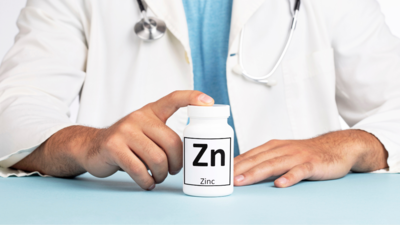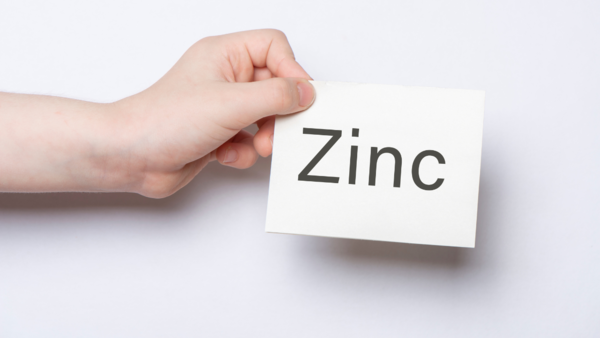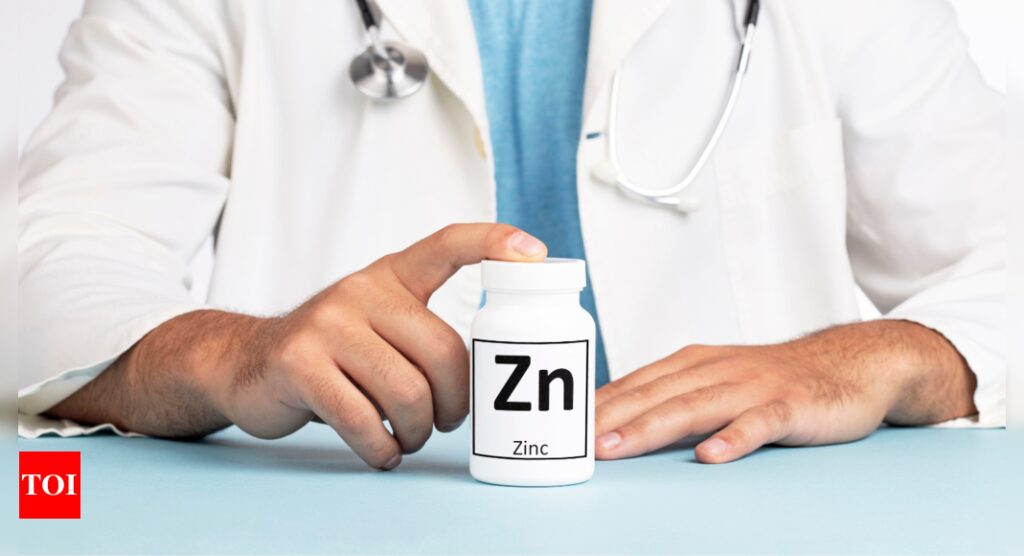
Zinc is a trace element that is extremely crucial to many functions in the body. Zinc deficiency, however, usually does not set in until symptoms are extreme. Five of the most important indicators that you are not receiving enough zinc and why it’s so crucial to your health are outlined below.
Signs that you’re not getting enough zinc
One of the most common symptoms of zinc deficiency is retardation of growth, particularly in children. Zinc is also involved in cell growth and division, and if you lack it, your body growth will be hampered.
Brittle hair and thinning hair are another warning sign. Zinc maintains your hair and nail tissue healthy, and when you become low in it, you will have thinning hair or brittle nails.
lifes
Skin rashes or irritation are also signs of zinc deficiency. Zinc plays a vital role in repairing and healing the skin. Without zinc, the skin becomes prone to infection, rashes, and poor healing.

According to Dr. Rajiv Dang, Senior Director and HOD – Internal Medicine and Medical Director, Max Hospital, Gurugram, “Loose stools or diarrhea often can also be a sign of compromised immunity and gastrointestinal tract due to zinc deficiency, further exacerbating malabsorption of nutrients and enhancing deficiency.”
Zinc deficiency can also affect reproductive and mental health. You become irritable or develop mood swings due to the role zinc plays in neurotransmitter function. Fertility can also decrease in both men and women, as zinc is needed for reproductive function and hormone balance.
The significance of zinc goes beyond all these symptoms. Zinc is critical to a sound immune system such that the body can effectively recover from infections. Zinc is useful in wound healing, cell multiplication, and even the functioning of taste and olfactory receptors. The body will slow down to recover from infections if it doesn’t have enough zinc, and it becomes vulnerable to infections.
5 Signs you are not drinking enough water














